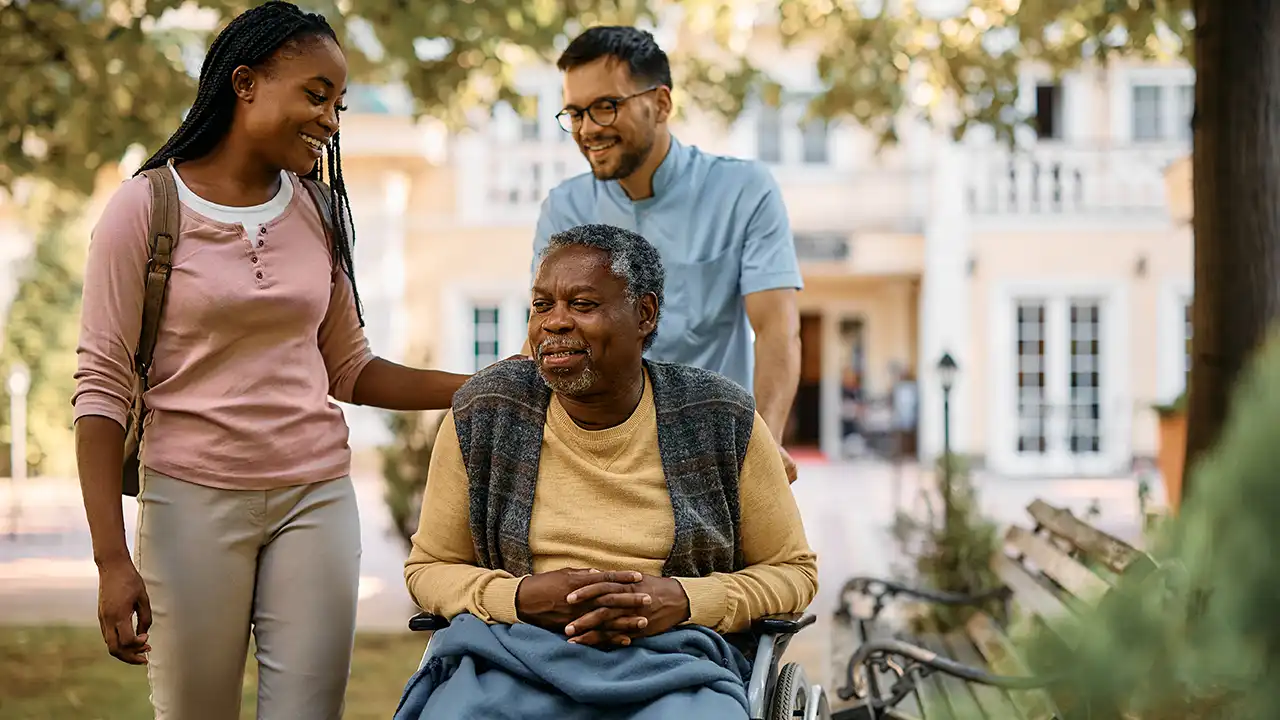Every November, we recognize National Family Caregivers Month — a time to honor the millions of people who provide care and support to loved ones living with illness, disability, or age-related needs. These caregivers are often family members, friends, or neighbors who step in out of love and commitment — and they play an essential role in the well-being of others.
In the process of caring for everyone else, many caregivers quietly put their own needs aside. This month reminds us that supporting caregivers’ mental health is just as important as the care they provide to others.
The Hidden Weight of Caregiving
Family caregiving can be rewarding, but also be physically, emotionally, and mentally draining. Many caregivers experience stress, burnout, anxiety, or depression — often while juggling work, family, and other responsibilities.
According to the National Alliance for Caregiving, over 53 million Americans serve as unpaid caregivers. Nearly 1 in 4 reports that their own health has worsened as a result. Caregivers may feel guilty taking time for themselves or worry that no one else can step in.
Over time, this constant strain can lead to compassion fatigue and emotional exhaustion — what’s often called “the cost of caring.”
Why Caregiver Mental Health Matters
When caregivers neglect their own well-being, their ability to provide quality care diminishes. Mental health isn’t selfish — it’s sustainable care. Supporting a caregiver’s mental health helps them show up with patience, presence, and love for those who depend on them.
Taking care of your own mental and emotional health is not taking away from others; it’s investing in your strength to keep showing up.
Ways to Support Caregivers’ Mental Health
Whether you’re a caregiver yourself or know someone who is, these small steps can make a big difference:
- Take breaks without guilt. Rest is not a reward — it’s a necessity. Even a short walk, a few deep breaths, or a moment of quiet can help reset your nervous system.
- Ask for help. You don’t have to do it all. Reach out to family, friends, or local respite programs.
- Stay connected. Isolation makes stress heavier. Join caregiver support groups, online communities, or local meetups.
- Speak with a professional. Talking to a therapist or counselor can provide emotional release and coping tools.
- Set realistic boundaries. You can’t pour from an empty cup — and that’s okay.
How We Can All Help
Even if you’re not a caregiver, you can help lighten their load:
- Offer a meal, run errands, or simply listen.
- Encourage them to take time for themselves.
- Acknowledge their effort — a simple “I see you” can go a long way.
Recognizing caregivers means recognizing their humanity — their strength and their struggle.
This November and Beyond
This National Family Caregivers Month, let’s shine a light on those who quietly hold families together. Let’s remind them that caring for themselves is not optional — it’s essential.
Because behind every act of care is a person who also needs care.
And when we support the mental health of caregivers, we strengthen families, communities, and the very foundation of compassion itself.
If You or a Loved One Needs Support
If caregiving has begun to feel overwhelming, know that help is available.
Reach out to a mental health professional, join a caregiver support group, or connect with the Caregiver Action Network at www.caregiveraction.org for resources and community.



.png)
.png)